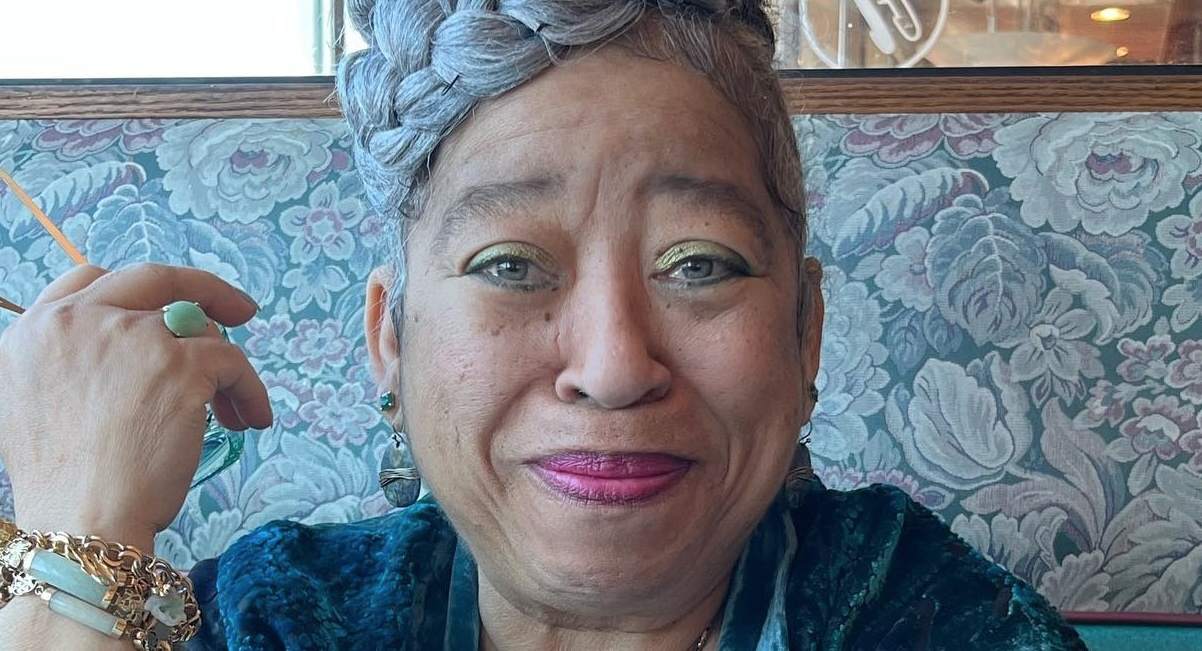Reflecting on her decades of advocacy for humane and decent living conditions as a fundamental human right, Elizabeth Glenn said that housing encompasses and embraces far more than the physicality of shelter. “Housing represents a place where you raise children, where you age, where you take care of seniors and the vulnerable. It’s where we live life in all its forms.”
Glenn, a Maryland native, is Chair of the US Africa Collaborative, an organization due to host its second Pan African City Symposium at Bowie State University in Maryland from June 26-29.
A key cohort of attendees will be a delegation of government officials, educators, and members of the private sector from the housing, human settlements, science, and innovation sectors in South Africa. Durban, the major city in South Africa’s Kwa Zulu Natal province, was the site of Glenn’s first Pan African City Symposium in 2022.
“Human settlements,” as a term of art, dates to the United Nations Habitat I conference hosted by Vancouver, Canada in 1976. A key topic was the challenges facing the world’s cities due to increasing overpopulation. Human settlements, rural or urban, embrace access to energy, water, clean air, and other resources that contribute to a humane existence.
“In 1990, Nelson Mandela was released from prison in South Africa and by 1994,” Glenn said, “I was really struck by the possibility of being engaged there as I felt a strong kinship to Black people living in South Africa under apartheid, for one, because Baltimore had the first land restricted areas acts in the United States. The imposition of those laws and policies in America happened, coincidentally, or not, over the same period apartheid laws went into effect in South Africa, so that’s in part why I feel this affinity.”
Glenn notes that Baltimore’s templates for redlining and segregated housing policies are documented in “Not in My Neighborhood,” a book by Antero Pietila. “Pietila shows that Baltimore was ground zero for housing segregation by design, including the Federal Ownership Loan Corporation’s creating a redlining map. That first originated in Baltimore and became the model for the United States.”
Glenn counts herself fortunate to have participated in the Habitat II conference in Istanbul, Turkey. “By 1996, I was the director of the Baltimore Housing Roundtable where part of my portfolio was to coordinate technical assistance for Baltimore housing developers.”
“The Baltimore Housing Roundtable was part of the U.S. network for Habitat II and we helped to organize, convene and host the first town hall meeting in Baltimore in preparation.”
“We created a format and a template for the other 12 town hall meetings that were held in the U.S. before Istanbul. And when we went to Habitat II, then Baltimore Mayor Kurt L. Schmoke and I, we were part of the delegation negotiating and contributing to the document that became the U.S. position on Habitat II. And while the U.S. network for Habitat II was advocating for housing as a human right, our advocacy was contrary to our government’s official position, which did not support housing as a right and still does not support it.”
Glenn explains that the U.S. formal position on “the right to access decent housing” is not the same as having the right to decent housing. “It is a distinction with a difference.”
In 2016, she traveled with HUD Secretary Julian Castro to the Habitat III conference in Quito, Ecuador, and her professional horizons continued to expand. Glenn has been an active member of NAHRO, the National Association of Housing and Redevelopment Officials, which represents most of the public housing authorities and community development professionals in the United States. Her advocacy work has taken her through the Americas, Europe, Asia, Australia, and Africa.
She chaired NAHRO’s Diversity Equity and Inclusion Advisory Committee but notes that DEI has fallen out of favor in today ‘s heated political discourse.
“We have to learn to recognize each other’s humanity and not be so quick to want to categorize each other into some palette, as if we’re colors in a watercolor box. That’s not who or what we are.”
“This colorism impacts our children to the point that they’re always being asked, ‘What are you? Where are you from? Where’s your family from?’ Isn’t it enough that I’m human?”
“We always hear folks in real estate talk about location, location, location. And that word has become painful. It has become painful for Black folks when you can predict someone’s life expectancy based on what census tract they live in. If you can’t live together with folks in a community, there’s scant hope for the future of the country.”




